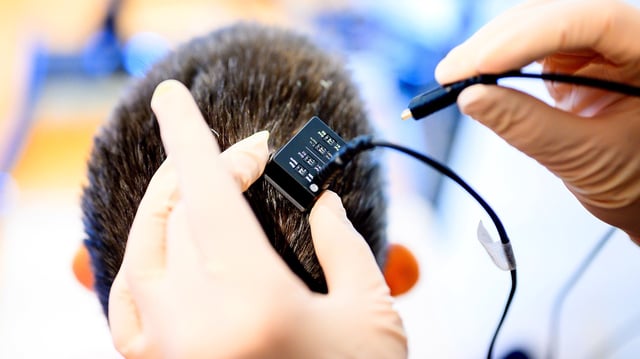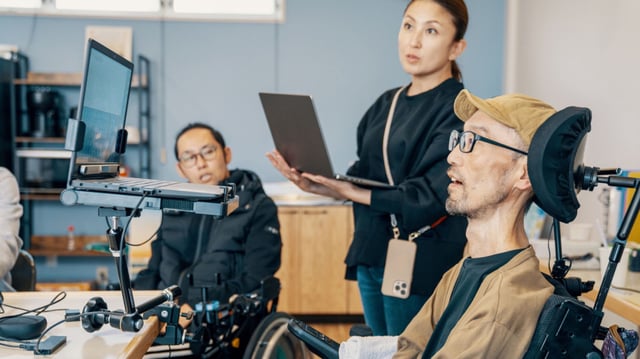Overview
- Researchers at UC Berkeley and UC San Francisco have developed a brain implant that streams speech in near real time, eliminating delays seen in previous systems.
- The system was tested on Ann, a 47-year-old stroke survivor who lost her ability to speak 18 years ago, allowing her to communicate fluently using a synthetic version of her pre-injury voice.
- Artificial intelligence decodes neural signals from the motor cortex into audible speech within one second, enabling naturalistic and fluid communication.
- The technology demonstrates the ability to generalize to new words not included in its training dataset, showcasing its adaptability and learning capabilities.
- While promising, the system requires further refinements to improve accuracy, expand vocabulary, and incorporate emotional expressiveness for broader clinical viability.


